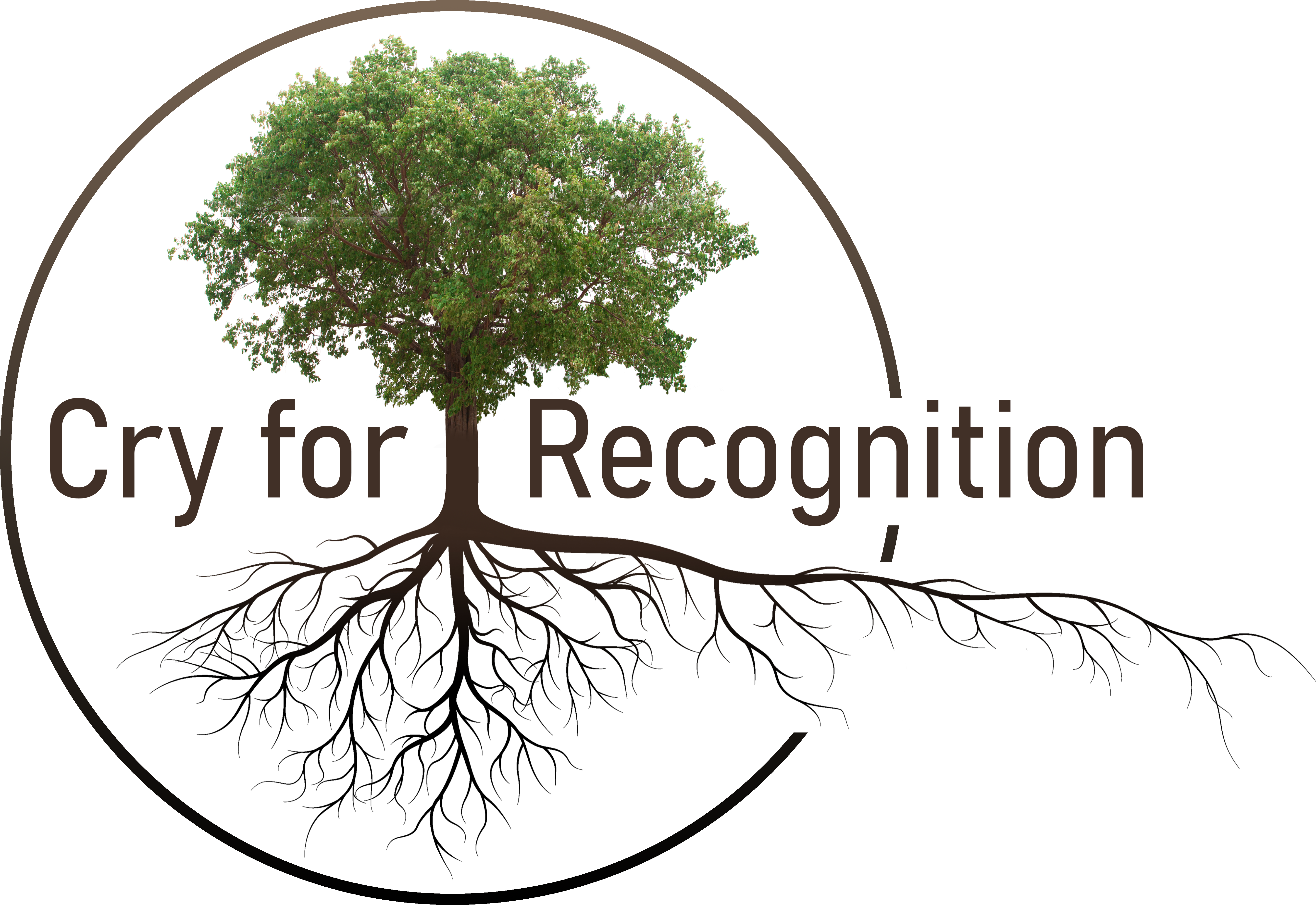AMANDA is an association of mothers of adolescents
with gender dysphoria in Spain,
which describes itself as an impartial, independent and secular group
that makes it clear that demanding ‘caution’ is not transphobia.
Some of their slogans are ‘Break the gender, not your body’, and another ‘Less surgery, more psychology‘
The Spanish parent group AMANDA has submitted a petition to the European Parliament, asking that young people with gender dysphoria no longer be deprived of the right to psychological counseling, and that they be protected against the current approach to affirmative care, with hormone treatments and surgical interventions.
Please sign the petition
Petition No 0622/2022, on behalf of the Asociación Amanda, on gender identity in adolescence
Registration with the EU Parliament is required in advance
Petition Summary
The petitioner states that all European Union countries are witnessing the rapid rise of a phenomenon known as Rapid Onset Gender Dysphoria (ROGD) due to social contagion, as described by Dr Lisa Littman in 2018, which consists of young people (during puberty, adolescence and even young adulthood) self-identifying as ‘trans’. This is increasing the number of requests made to gender identity treatment units by teenagers and young people who are neurodiverse (with high IQ, Autistic Spectrum Disorder, Asperger’s Syndrome, Attention Deficit Disorder with or without hyperactivity, among others) and/or have psychological difficulties due to issues such as sexual abuse, bullying and racism. These are teenagers and young people who have difficulty fitting in socially, without having ever expressed any discomfort about their biological sex, and who suddenly identify as ‘trans’. The approach currently being taken in health and educational spheres is an affirmative approach, in all cases in line with the protocols and laws that are very similar across almost all European Union countries. Access to hormonal or surgical treatments does not require prior psychological assessment, as the gender self-identification is assumed to be correct, even where there are signs that the teenager/young person has issues that could be affecting their self-identification as ‘trans’, with psychological support being optional. This affirmative approach is coming into conflict with the free exercise of parental responsibility by fathers and mothers in the case of minors. The petitioner calls for all types of pharmacological and/or surgical intervention in teenagers and young people to be halted until careful research has been carried out into the incidence of the ROGD phenomenon in educational and health spheres. Member States should be asked to provide information on the incidence data recorded by their respective educational and health systems. There should be a debate, based on scientific evidence, about the consequences of the treatments to which teenagers and young people are being subjected to. Mental health professionals should be permitted to carry out their work without interference, with observation over a period of time and exploratory therapy being used as the first option, so that only adults can undergo a social and medical transition, and even then only on a very exceptional basis in those cases where this is the only option for the well-being of the person and always with assessment by a multidisciplinary team, as already required in other European Union countries such as Sweden and Finland.

